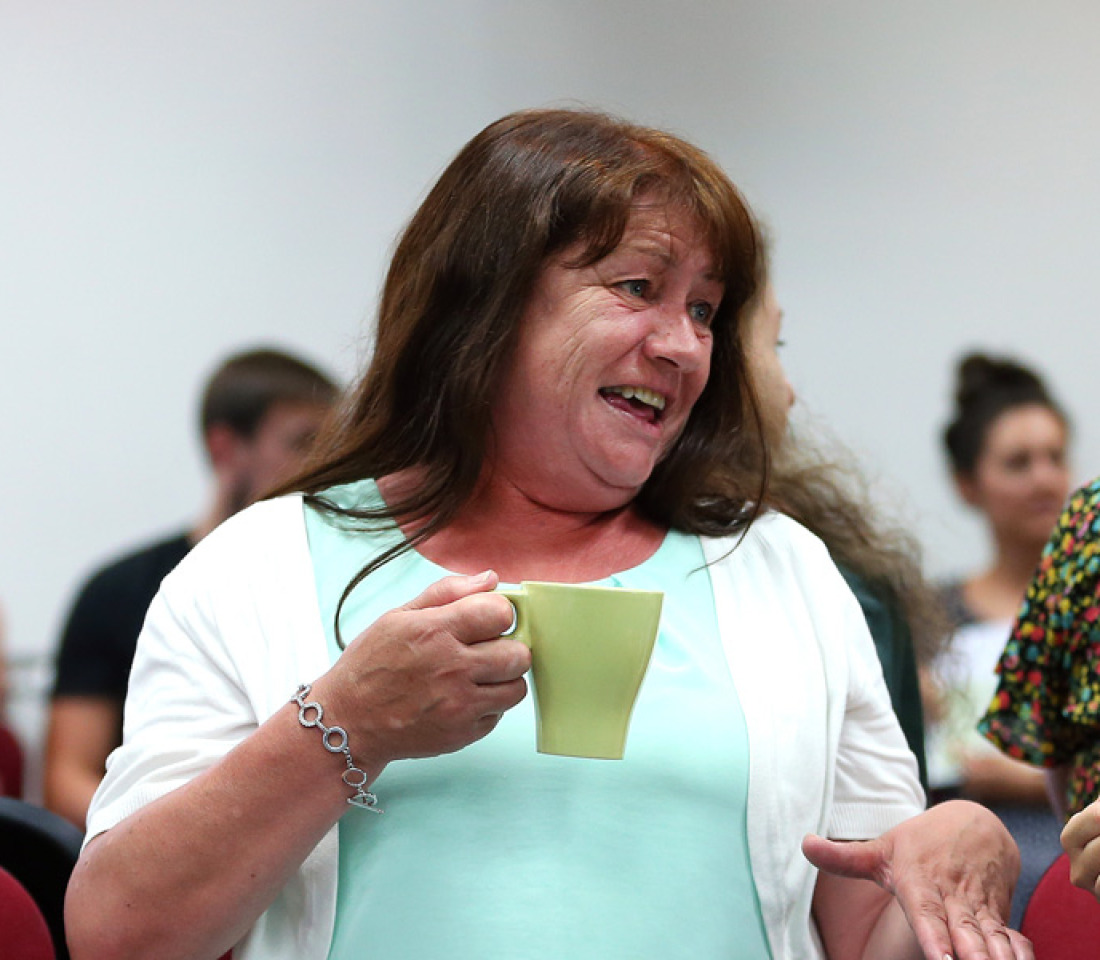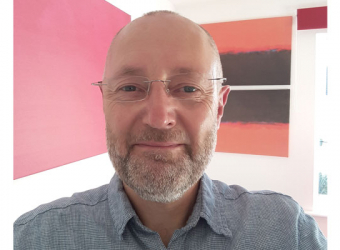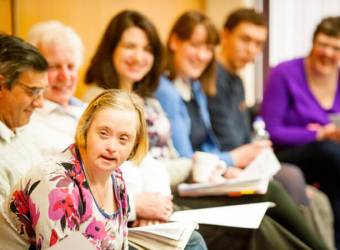What is a glioma?
A glioma is a brain tumour that starts in the supporting cells of the brain and spinal cord.
These are called glial cells and there are three different types:
- Astrocytes – Tumours that develop in these cells are known as astrocytomas or glioblastomas.
- Oligodendrocytes – Tumours that develop in these cells are known as oligodendrogliomas.
- Ependymal cells – Tumours that develop in these cells are known as ependymomas.
A glioblastoma is a type of glioma.
What causes a glioma?
Gliomas occur due to glial cells multiplying in an abnormal and uncontrollable way. The exact cause of this is unknown but certain risk factors can increase the chances of a brain tumour developing.
These include:
- Age – Brain tumours can develop at any age but the risk increases as a person gets older.
- Being overweight or obese – This can increase the risk of certain types of brain tumours developing.
- Ionising radiation – This is a type of medical radiation that is used by radiotherapy treatments and some scans such as x-rays. In very rare cases this can lead to a brain tumour developing.
- Family history – The risk of developing a brain tumour is higher if a close relative such as a parent, sibling or child has one.
- Genetic conditions – Some genetic conditions are known to increase the risk of developing a brain tumour such as tuberous sclerosis, neurofibromatosis type 1 and type 2 and Turner syndrome.
What are the symptoms of glioma?
The symptoms of a glioma can vary depending on the part of the brain or spinal cord that is affected.
Typical symptoms of a brain tumour can include:
- Changes to personality
- Difficulties with memory
- Difficulties communicating
- Fatigue
- Depression
- Decline in cognitive skills that we use for thinking
- Seizures
- Learning difficulties
- Vision problems
- Nausea
- Being sick
- Drowsiness
- Progressive weakness or paralysis in one side of the body
Although gliomas are rare, if you or a loved one are experiencing two or more of the above symptoms it’s important that you see your GP to rule out a brain tumour.


















